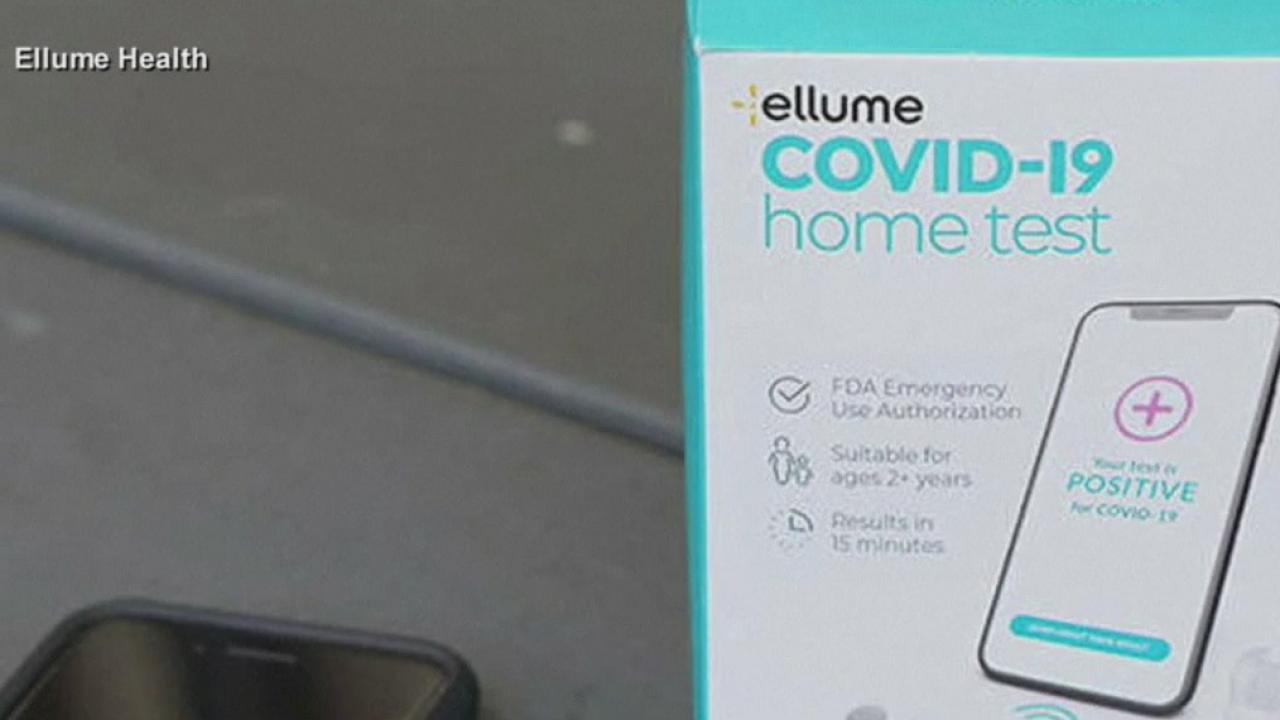How the bitter cold may affect your COVID-19 test
[anvplayer video=”5085526″ station=”998122″]
As COVID-19 tests from the federal government start showing up in mailboxes across the country, many people in cold weather states have one question – how accurate is a test after it has been frozen?
Forecasters say this week, Minnesota will likely see some of the coldest temperatures so far this winter.
This comes as the free at-home COVID-19 tests are mailed out, and it has viewers wondering if the tests are reliable if they freeze.
According to Abbott, their BinaxNOW at-home COVID antigen test will be sent out as part of the free federal government program.
The company states its storage temperature range is from 35.6-86 degrees, but adds “if the test is stored outside the temperature range for a relatively short period of time- for a couple of hours up to a day or two – it will be fine to use.”

An Ellume Health home COVID test. (Ellume Health)
5 EYEWITNESS NEWS’ medical expert Dr. Archelle Georgiou spoke with Abbott about temperature concerns.
“One of the things I was told by the customer service agent when I called one of the manufacturers is that reagents are not supposed to be frozen, and if they are frozen, they may not be stable, and if they are not stable, they may not provide an accurate result. You can get false positives and false negatives,” said Dr. Georgiou.
Other companies – such as iHealth, which also has a storage temperature range from 36-86 degrees – specifically states on its website “Any extended exposure of the test kit to temperatures beyond this range may affect quality of test results.”
“If those test kits are shipped and end up in our very cold environment and end up being frozen and then thawed in someone’s home, I don’t have a lot of confidence that I can as a patient or as a physician believe the results,” said Dr. Georgiou.
5 EYEWITNESS NEWS reached out to the Minnesota Department of Health for the last two days, and no one has been available for an interview on the subject, however, the department did issue this statement:
At-home test kits are generally stable from 35-86 degrees but check with the manufacturer. The tests will be fine if they are colder than that for a short period of time, like a few hours. It is also recommended to allow the test kits to warm to room temperature before using.”
Minnesota Department of Health
“I think my best advice to patients is to recognize your body symptoms are smarter than any test, even a rapid test that you have confidence in the results,” said Dr. Georgiou.